16 Things That Might Upset Your New Kitten (And What To Do Instead)
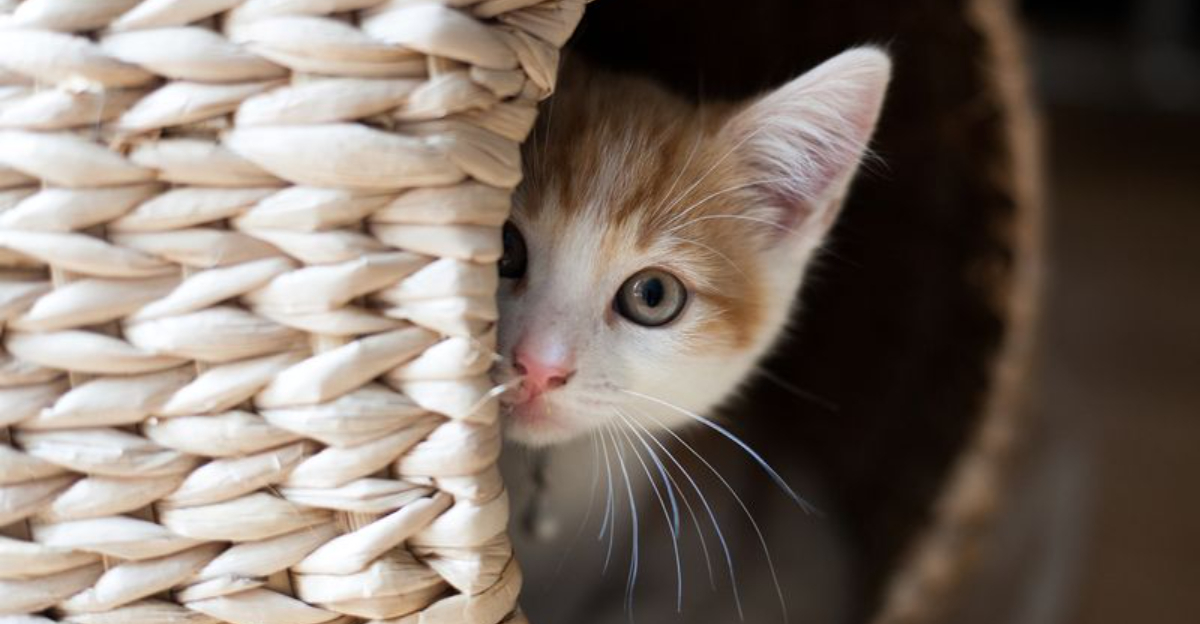
Bringing home a new kitten is exciting, but these tiny furballs come with big feelings! Those adorable whiskers and playful pounces hide a sensitive soul that’s still figuring out this strange human world.
Understanding what upsets your new family member – and knowing how to create a stress-free environment instead – will help your kitten feel secure and build trust with you from day one.
1. Loud Noises Shock Sensitive Ears
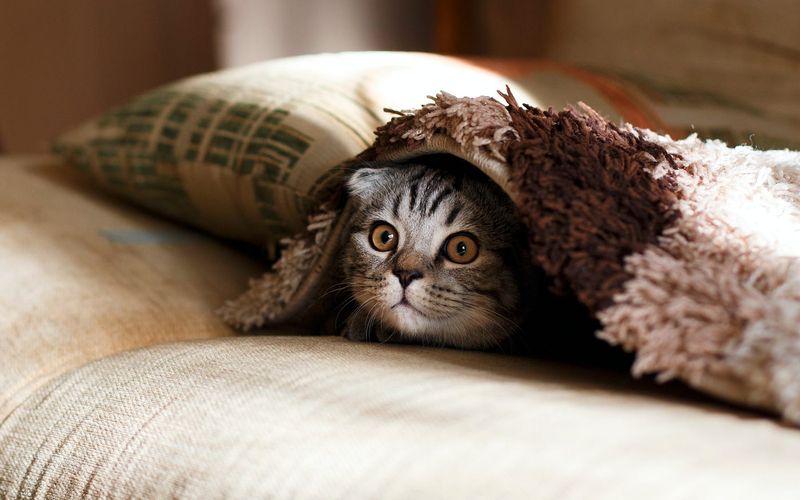
Those adorable triangular ears aren’t just for show – they’re super-sensitive sound detectors. Sudden bangs, blaring music, or even vacuum cleaners can send your kitten into panic mode.
Try introducing noise gradually. Play sounds at low volumes while giving treats, slowly increasing over days. Create a quiet sanctuary where your kitten can retreat when things get overwhelming.
2. Forced Cuddles Create Fear
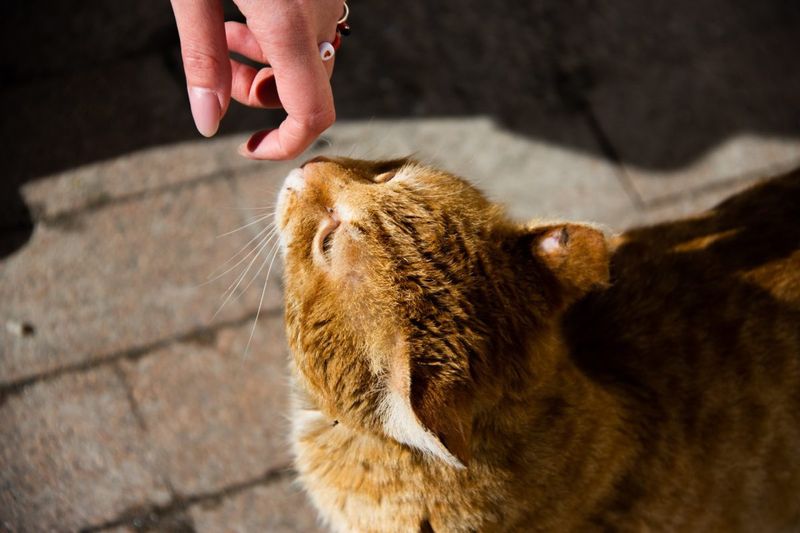
Kittens aren’t always natural cuddlers, especially when newly adopted. Grabbing or holding them against their will creates fear associations with your hands.
Let your kitten approach you instead. Sit quietly on the floor, offering treats occasionally. When they climb into your lap voluntarily, you’ve earned their trust.
3. Rough Handling Breaks Trust
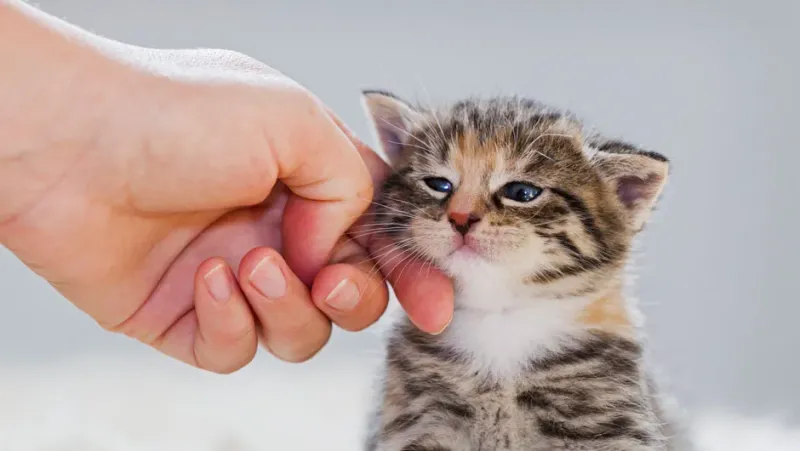
Your kitten’s tiny body is delicate. Children who squeeze too tight or adults who play too roughly can cause physical pain and emotional trauma.
Always support your kitten’s body when picking them up, especially their hindquarters. Teach children the proper “two-hand scoop” technique. Watch for signs of discomfort like tail flicking or ears flattening, and immediately adjust your handling.
4. Sudden Environment Changes Cause Anxiety
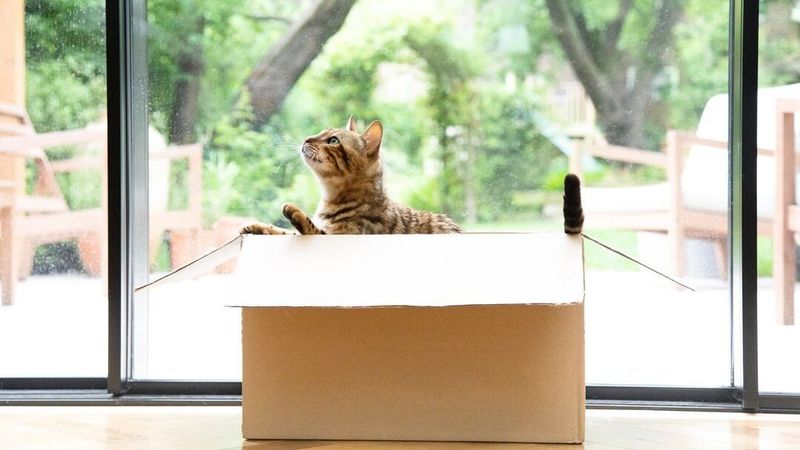
Rearranging furniture, bringing in new items, or hosting loud gatherings can make your kitten feel like their world has turned upside down.
Make changes gradually whenever possible. Provide familiar-smelling items like their bed during transitions. Create a consistent “safe zone” with their essentials that remains unchanged even when other areas are modified.
5. Strong Smells Overwhelm Their Senses
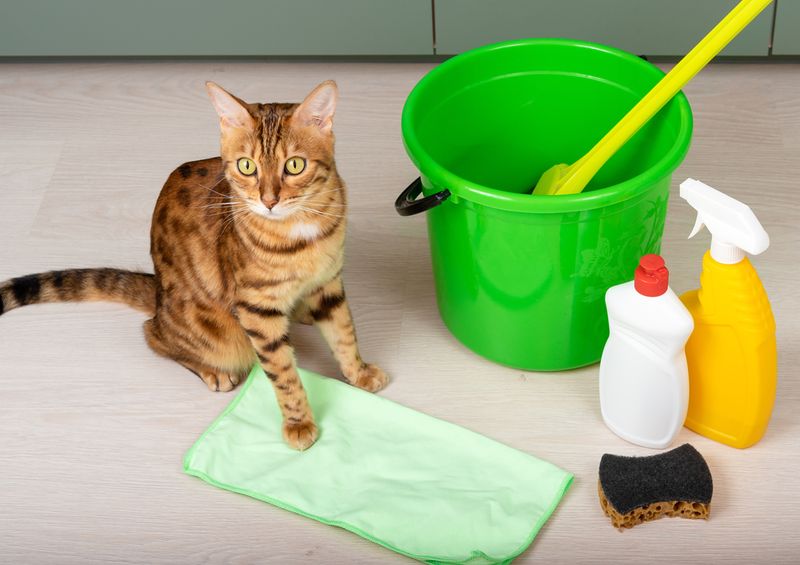
Cleaning products, air fresheners, and perfumes can overwhelm your kitten’s sensitive nose. What smells pleasant to us might be chemical warfare to them!
Opt for unscented or pet-safe cleaning products. Avoid spraying perfumes or air fresheners near their territory. Ventilate rooms well after cleaning, and never clean their litter box with harsh chemicals.
6. Improper Litter Box Setup Causes Stress

Placing litter boxes in noisy areas, using heavily scented litter, or not cleaning frequently enough can turn your kitten off to proper bathroom habits.
Position boxes in quiet, accessible locations. Choose unscented, fine-grained litter that’s gentle on sensitive paws. Scoop daily and provide multiple boxes in different areas for security.
7. Lack Of Hiding Spots Creates Insecurity
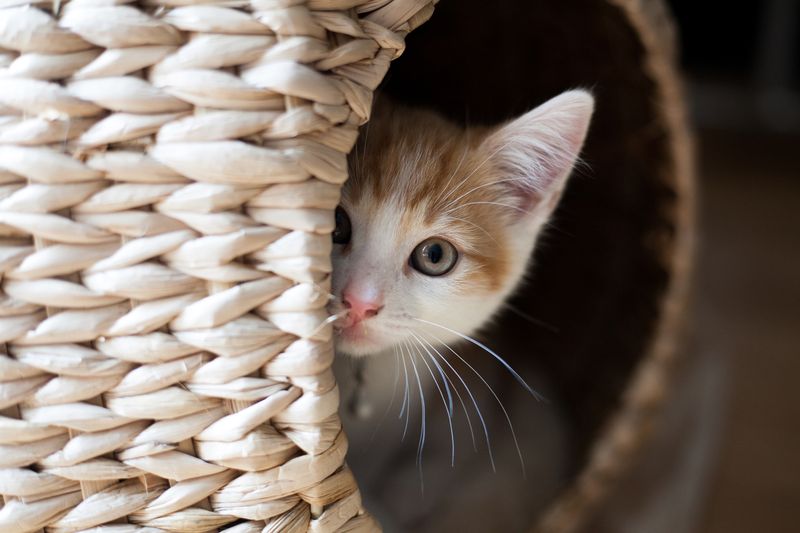
Open spaces without retreat options make kittens feel exposed and vulnerable to predators. Their instincts still tell them to be cautious!
Create cozy hideaways throughout your home. Empty boxes, cat tunnels, and covered beds give security. Position furniture to create “highways” where they can travel the room without crossing open floor space.
8. Inconsistent Feeding Schedules Trigger Anxiety
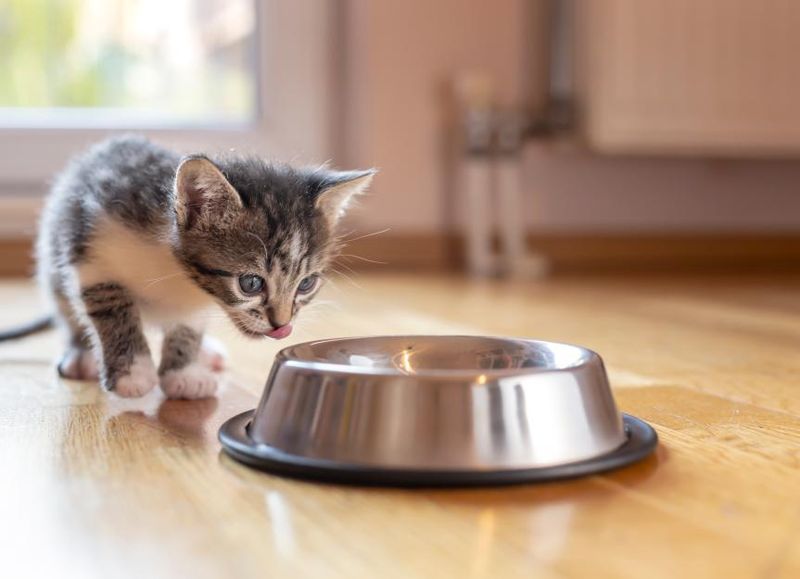
Random meal times can stress kittens who thrive on predictability. Their tiny stomachs need regular nourishment to prevent hunger pangs and associated anxiety.
Establish a consistent feeding routine with 3-4 small meals daily. Use timers if your schedule varies. Consider puzzle feeders for mental stimulation and to slow down fast eaters who might later experience uncomfortable bloating.
9. Other Pets Intimidate Newcomers

Resident animals can terrify a new kitten who suddenly finds themselves in established territory. Even friendly pets can overwhelm through size or enthusiasm.
Create a gradual introduction plan spanning days or weeks. Start with scent swapping using towels. Progress to visual contact through baby gates before supervised interactions.
10. Car Rides Trigger Motion Sickness
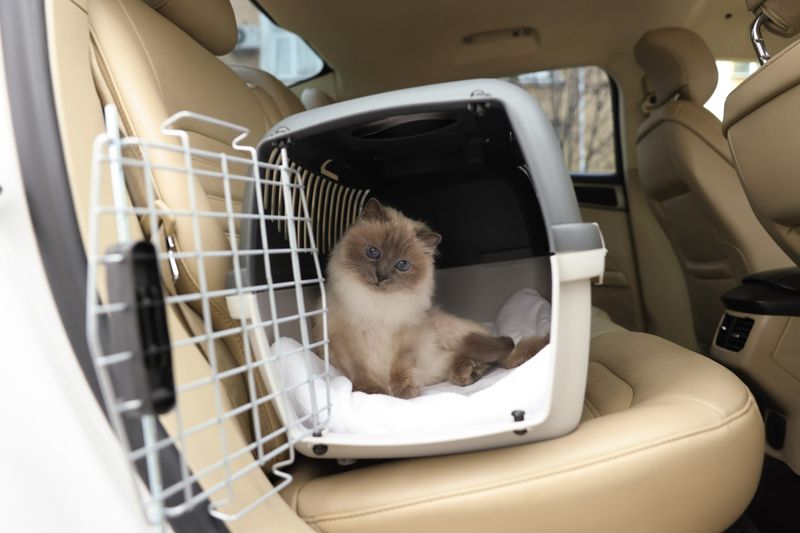
The unfamiliar sensation of vehicle movement can make kittens nauseous and frightened. Add strange smells and engine noise, and it’s a recipe for distress.
Use a secure carrier with familiar bedding and toys. Cover partially with a light blanket to reduce visual stimulation. For longer trips, ask your vet about mild sedatives or anti-nausea medications.
11. Too Many New People Create Overwhelm
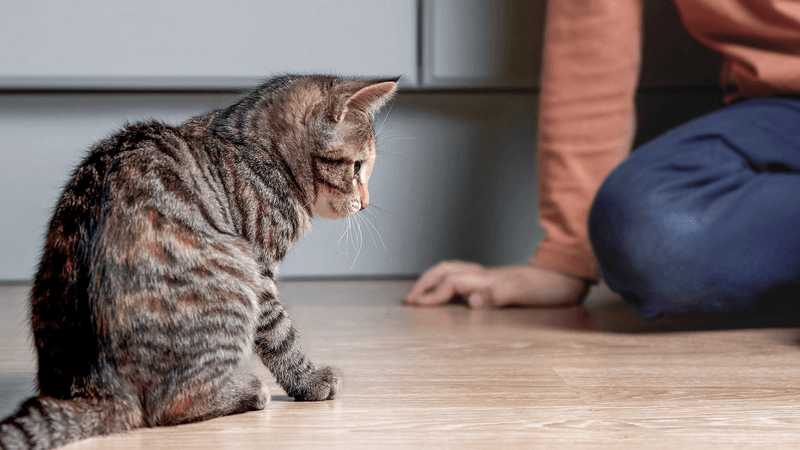
Parades of visitors wanting to meet the new kitten can create sensory overload. Each new person brings different scents, voices, and handling styles.
Instruct guests to let the kitten approach them rather than reaching for pets. Create a “meet the kitten” protocol where everyone sits quietly, avoiding loud exclamations or sudden movements.
12. Punishment Creates Fear, Not Learning
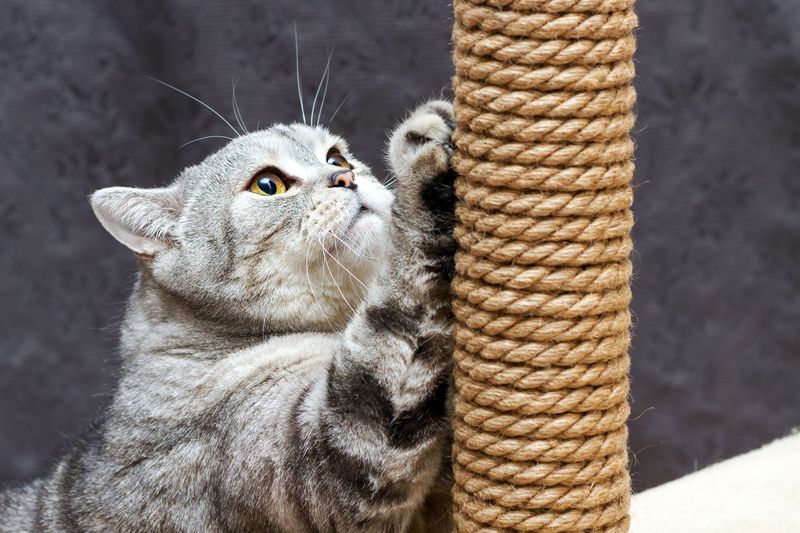
Spraying water, loud noises, or physical discipline teach kittens to fear you rather than correct behavior. Their developing brains can’t connect punishment with actions.
Redirect unwanted behavior to appropriate outlets instead. Provide scratching posts near furniture and praise their use. Remove temptations like dangling cords. Remember that play aggression is normal – offer toys, not hands.
13. Dirty Water Bowls Discourage Hydration
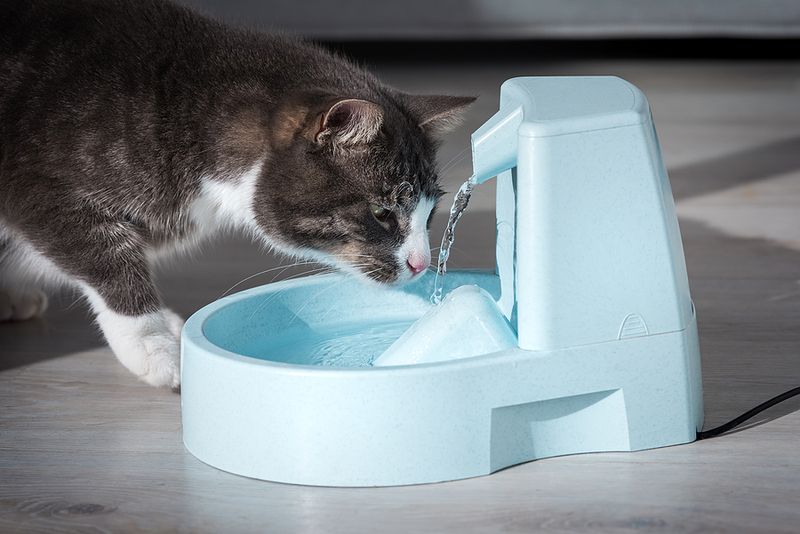
Kittens instinctively avoid stagnant water that might harbor bacteria. Plastic bowls that develop tiny scratches can harbor biofilm that humans can’t see but cats can smell.
Clean water bowls daily with soap and fresh water. Consider ceramic, glass, or stainless steel bowls that resist bacterial growth. Many kittens prefer running water – a pet fountain might encourage better hydration.
14. Lack Of Vertical Space Limits Natural Behaviors
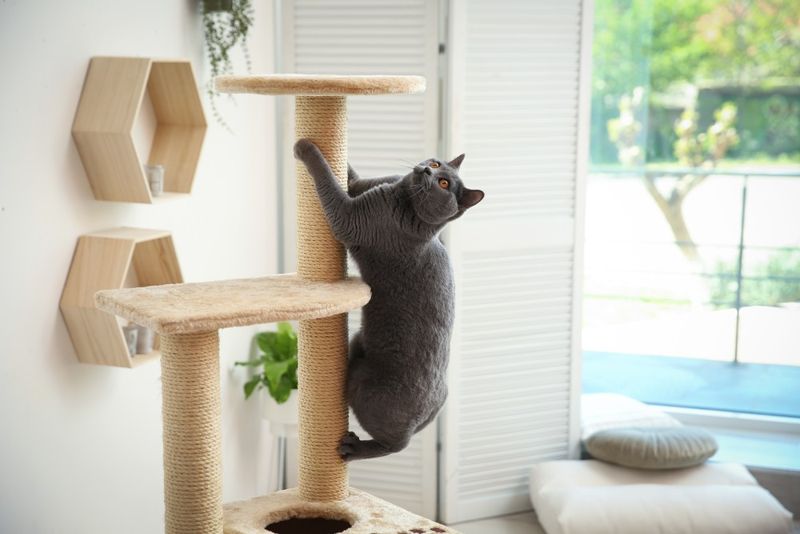
Kittens are natural climbers who feel secure when they can survey their territory from above. A ground-only existence denies their instinctual need for elevation.
Create a three-dimensional environment with cat trees, shelves, or window perches. Ensure stable platforms with easy access routes. Vertical space provides exercise, confidence, and escape routes from other pets or household activities.
15. Boredom Leads To Destructive Behavior
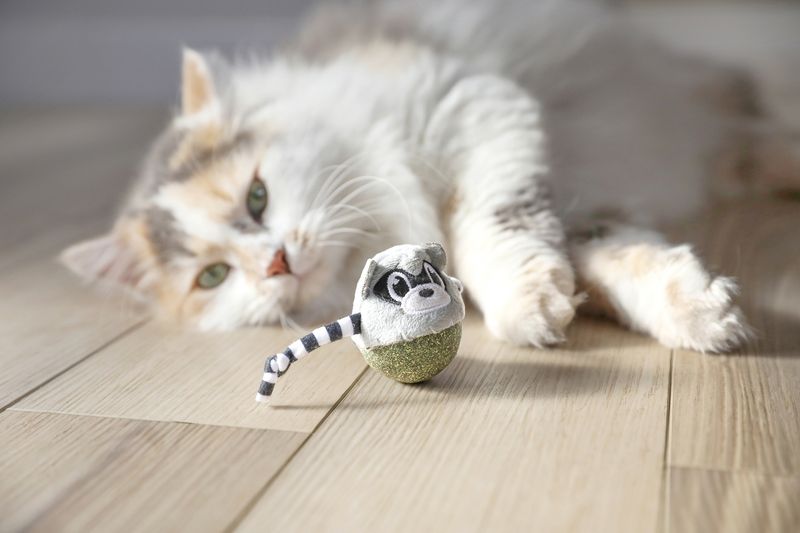
Understimulated kittens become frustrated and may resort to inappropriate behaviors like excessive meowing or destructive scratching. Their hunting instincts need healthy outlets.
Schedule multiple short play sessions daily using interactive wand toys. Rotate toys to maintain novelty. Provide puzzle feeders that simulate hunting.
16. Medicine Administered Improperly Creates Trauma
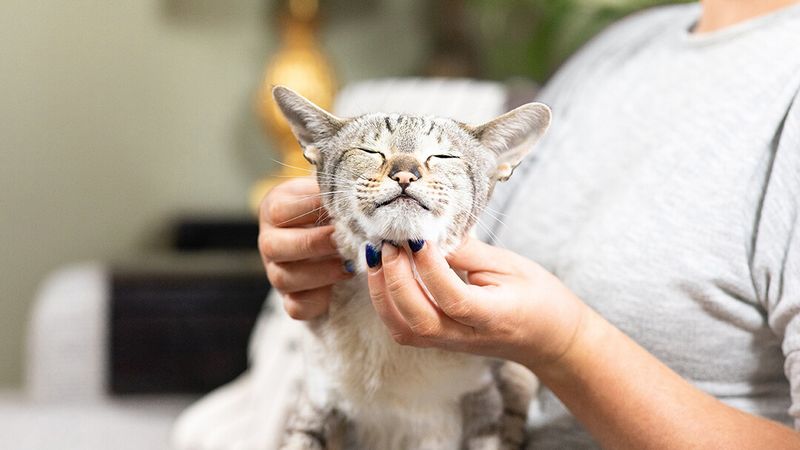
Forceful medication can create lasting negative associations with handling. Pills forced down throats or rough restraint for ear drops teaches fear.
Learn proper gentle techniques from your veterinarian. Use pill pockets or compounded flavored medications when possible. Create positive associations by pairing medicine time with treats or gentle praise, and keep sessions brief.






